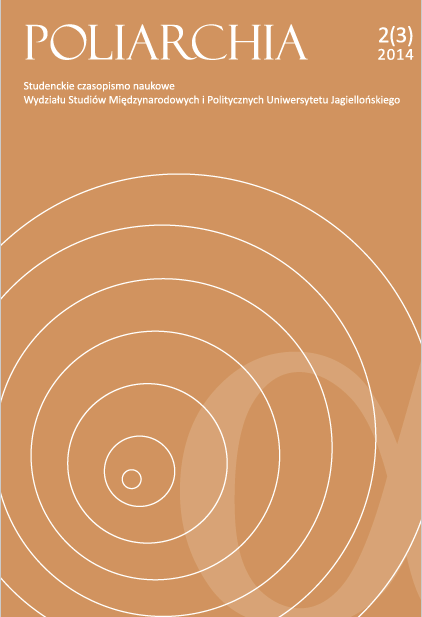The Reasons of Non-Institutional Character of the Early Visegrad Cooperation in the View of Neorealist and Neoliberal Theories in International Relations
The Reasons of Non-Institutional Character of the Early Visegrad Cooperation in the View of Neorealist and Neoliberal Theories in International Relations
Author(s): Marcin ChruścielSubject(s): Politics / Political Sciences, Politics, International relations/trade
Published by: KSIĘGARNIA AKADEMICKA Sp. z o.o.
Keywords: Visegrad Group; VG; neorealism; neoliberal institutionalism; noninstitutional cooperation
Summary/Abstract: This article examines the reasons for adopting a non‑institutional character of the Visegrad cooperation in the years 1991‑1992. Its focus concerns two causes of the initial reluctance to institutionalise the Visegrad Group: the high level of unpredictability in Central Europe after the collapse of Communism and the symbolic role the Group was expected to play outside the region. These issues are considered through the prism of two theories in International Relations: neorealism and neoliberal institutionalism. Both provide theoretical grounds to support the research hypothesis which assumes that the informal character of the Visegrad cooperation was a pragmatic choice of its founding members. However, neorealist and neoliberal explanations of how the political background and security issues could have influenced their decision vary. The article concludes that the neorealist approach holds more explanatory power in this regard, suggesting that the choice of the Visegrad states was dictated by the preservation of their national interests and subjected to external limitations, rather than motivated by a common intention to facilitate their regional cooperation.
Journal: Poliarchia
- Issue Year: 2014
- Issue No: 1 (02)
- Page Range: 79-98
- Page Count: 20
- Language: English

